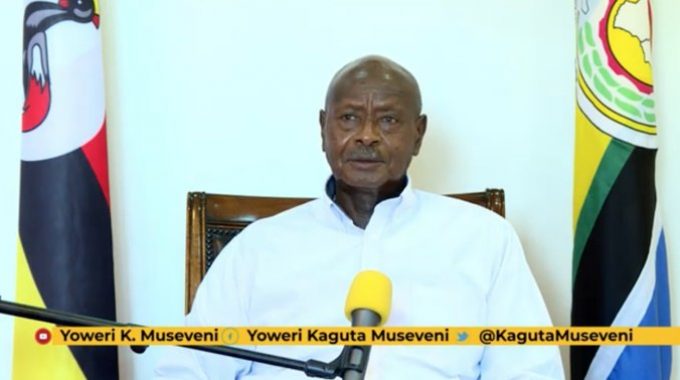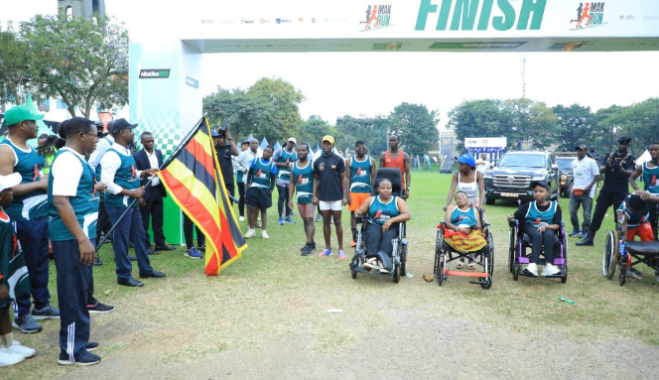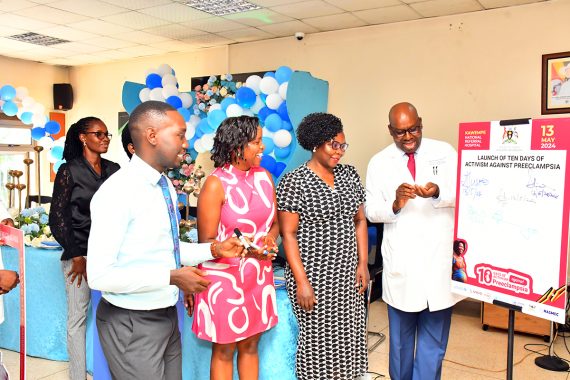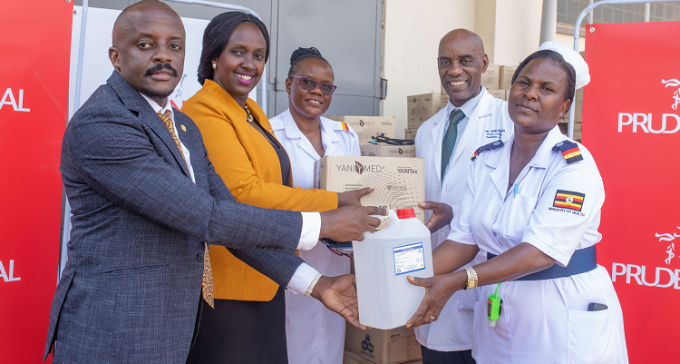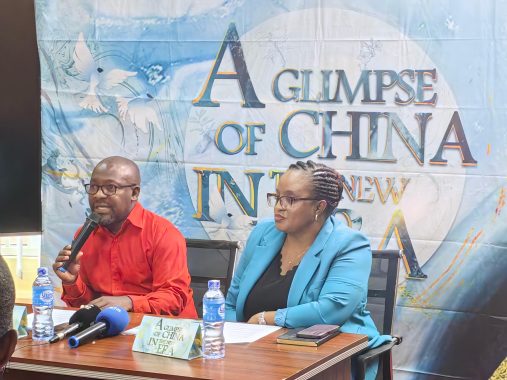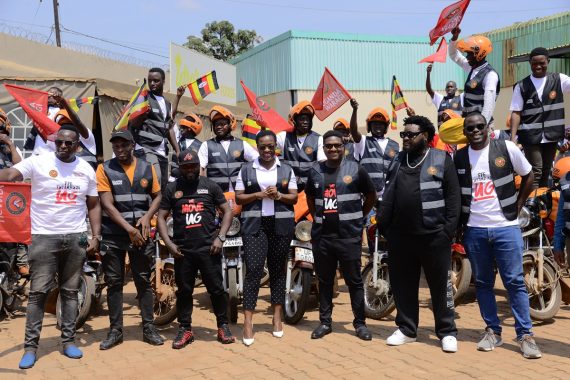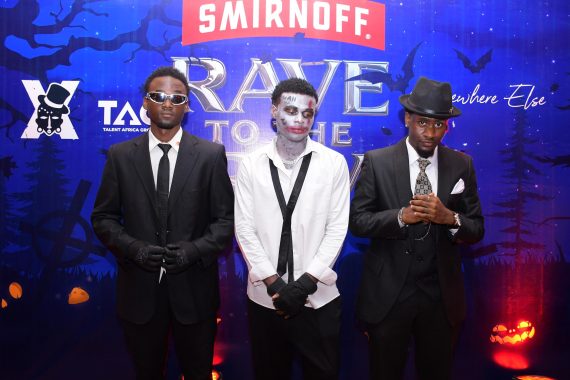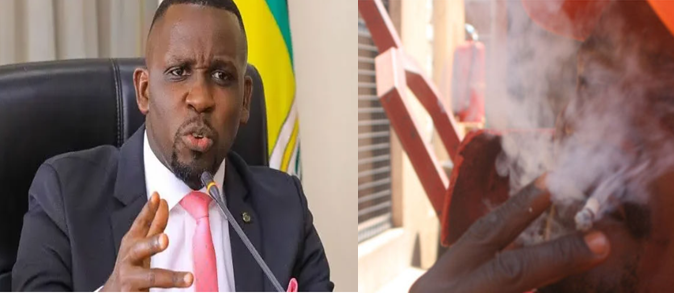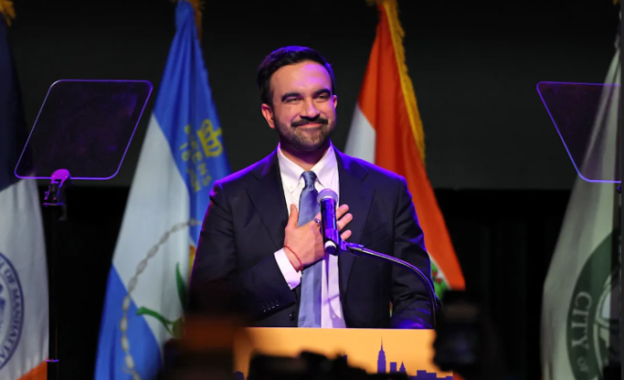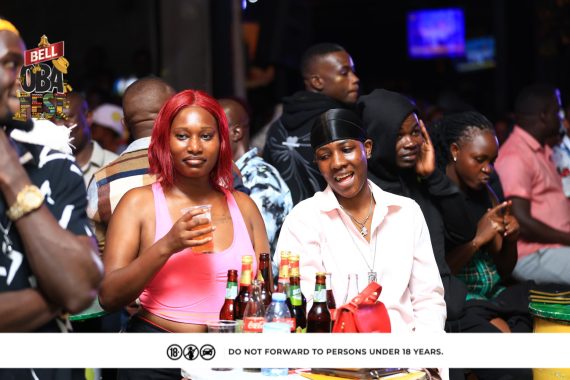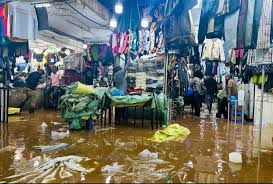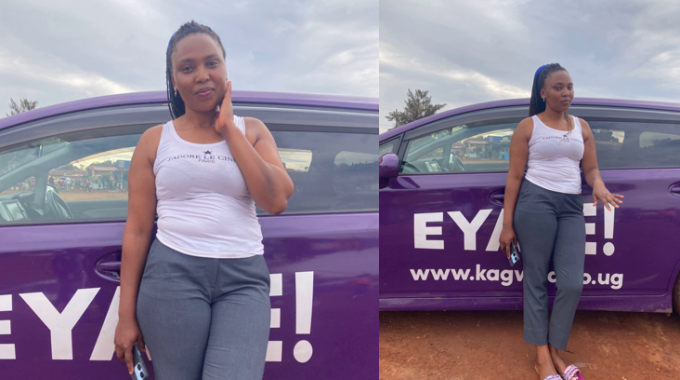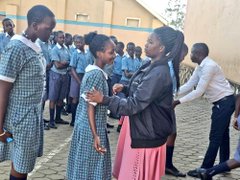President Kaguta Museveni has extended the lock down to another 14 days.
President Museveni, however, has eased the lock down by accommodating some areas of the economy.
He has guided that the following should resume work but observing social distance; Wholesalers, Hardware shops, workshops and Garages, Metal and wood workshops, Insurance providers, Uganda Law Society and Restaurants but strictly doing takeaways.
Museveni: In regards to Covid-19, we must answer 3 questions. One: Is this disease vaccinatable? Two: Is it treatable? Three: Is it avoidable by behaviour? The answer is that all the 3 are possible. However, scientists say working on the vaccine will take some 18 months
Museveni: Treatability depends on the number of infections staying small. Uganda‘s first patient took 16 days to recover. So you can imagine if you have many infections. This leads us to 4th question – is the disease avoidable? Yes, if we take enough precautions
Museveni says after careful observation, they have confirmed what they always suspected. Infections were coming from UK, USA, China & in some cases from neighbouring countries. 38,845 samples belonging to the different categories have been tested. 89 persons have tested positive
Out of the 601 community samples only one has tested positive. Uganda’s curve is almost flattened at 10 degrees above horizontal. You can compare with other countries. We have somehow tamed the virus although we have not yet eliminated it
Museveni says Uganda’s anti-coronavirus war is a calculated war of using brains and the heart. We don’t just bump into things. We don’t fight suicidal wars. Agriculture, manufacturing, cargo, essential services were left to operate and have been going on well
Museveni: Uganda’s problem at the moment is cross border truck drivers. The matter of cross-border drivers will be streamlined. It has exposed the irrationality of using lorries for cargo. Why use lorries? It is cheaper and safer to use water, railway
Museveni wonders why traders prefer to use trucks when it is cheaper and safer to use the railway. How are you going to stop a train and rob it? It costs US 13 cents per tonne from Mombasa to Kampala when using a lorry and just US 7 cents on the train
Museveni rules out stopping cross-border trucks. Says such a move would mean Uganda is not fighting an intelligent war. He urges Ugandan women to keep away from truck drivers. Avoid them so that the numbers are not so many and we’re able to concentrate on them
Museveni says the last 45 days of the lockdown has enabled Uganda to be better prepared, with local factories now able to make enough masks, enough sanitizers. Very soon, Uganda will be exporting sanitizers to the rest of the world because there is enough waragi (alcohol)
Museveni says Uganda is now going to be famous for exporting sanitizers, maybe only Brazil can compete with us. But with our bananas, maize, sugarcane we have enough alcohol to make sanitizers for the world market
Museveni: A Ugandan student who sneaked in from a technical school in Bukoba, Tanzania and the two Burundian refugees and the stupid boda boda rider who carried them have all tested positive for coronavirus
Museveni: You can’t fail to sleep for fear of dreaming a bad dream. We shall start slowly to open up but without undoing our previous achievements. The achievements are 89 cases with 55 recoveries and no deaths lockdown
Museveni: Our survival core strategy is closing. There are some sectors we closed and we didn’t collapse. Agriculture, factories, construction, cargo transport, essential services in opening up, we start with measures that consolidate these
Museveni says the airport and borders will remain closed due to high infections abroad. Urges farmers that were supplying hotels that depended on tourism, to broaden their enterprises not to just depend on fresh consumption of their products
Museveni: Agriculture will continue but we need to adjust here and there. Since the factories were manufacturing, they will need wholesalers but must observe social distancing and must not operate air conditioning.
Museveni: Hardware shops, car garages, insurance, lawyers (30 at any one time), restaurants (providing only takeaway), warehouses have been allowed to reopen. Says for students, it’s still complicated until the issue of public transport is sorted, they will continue to stay home
Museveni says the risks are too high for students. Most schools are day schools and students would need public transport, for boarding schools, the dormitories are crowded. Says he’s more comfortable with students staying home for a term or even a year than risk them back
Museveni says public and private transport not yet allowed. Essential services allowed to bus their staff to and fro home because they can be followed. Other essential workers that can’t be bussed are advised to cycle or walk. Face masks to become mandatory for all in public
Museveni says everybody who goes into the public from now on will be required to wear a face mask because coronavirus can’t fly on its own. It travels from us through droplets, air from us. The mask on the nose and the mask stops the ride of the virus to travel through mucus
Museveni says the reusable face masks must be washed and ironed daily and handwashing must continue. Maintain the other measures of social distancing, eating fruits. Those sneezing shouldn’t go to the health centres, they should call the nearest health centre
Museveni says 13 family members of the Ugandan student who returned from Bukoba, Tanzania, and tested positive for coronavirus have all been put under quarantine. Schools, places of worship, public and private transport etc still banned for 14 days
Museveni says even with the existing preventive measures, the virus can still spread in the community but Ugandans should be scared because those who get infected and recover become immune. Urges Ugandans to avoid touching each including elbow bumping

Award winning journalist and writer who has worked as a stringer for a couple of acclaimed South Africa based German journalists, covered 3 Ugandan elections, 2008 Kenya election crisis, with interests in business and sports reporting.




